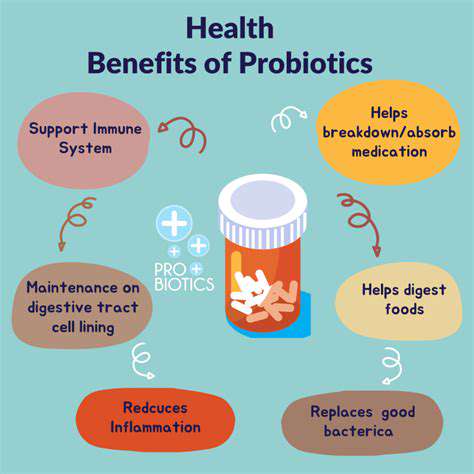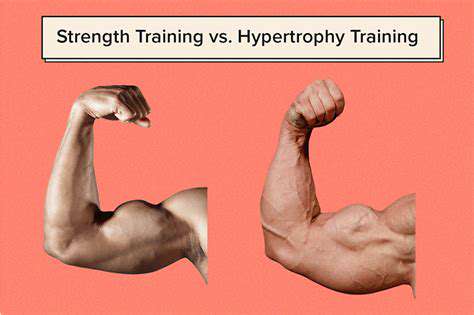Essential Health Screenings for Women [By Age]
Understanding the Importance of Early Detection in Your 20s
Entering your 20s marks a pivotal time for Establishing healthy habits that will contribute significantly to your overall well-being throughout your life. This decade is crucial for preventative care, as many health issues can be identified and managed more effectively in their early stages. Regular check-ups and screenings during your 20s can help detect potential problems before they escalate into more serious conditions, allowing for timely intervention and better health outcomes. Investing in your health now can yield significant rewards in the long run.
Early detection is particularly important during your 20s because your body is still developing and maturing. Certain health conditions may not present noticeable symptoms in this phase, making proactive screenings essential for identifying any underlying issues that could impact your future health. This is a time to focus on building a strong foundation for your health journey, and consistent Preventative care plays a vital role in achieving this goal.
Essential Screenings for Women in Their 20s
Specific screenings tailored to women in their 20s are crucial for maintaining optimal health. These screenings often encompass a range of tests and examinations designed to detect various potential health concerns, including sexually transmitted infections (STIs), breast health, and reproductive health. Regular pap smears, for instance, are important for early detection of cervical cancer, while STI testing can help identify and treat infections promptly. Additionally, screenings for cardiovascular health, such as blood pressure and cholesterol checks, can help identify risk factors early on.
Beyond these core screenings, it's also important to discuss any personal or family health history with your doctor. This information can help determine if you have any increased risk factors for certain conditions and tailor your screening schedule accordingly. Open communication with your healthcare provider is key to navigating the complexities of women's health in your 20s and ensuring you receive the appropriate and personalized care you need.
Lifestyle Choices and Preventive Measures in Your Twenties
Maintaining a healthy lifestyle alongside regular screenings is paramount for achieving and maintaining optimal health in your 20s. This encompasses adopting a balanced diet rich in fruits, vegetables, and whole grains, as well as engaging in regular physical activity. These healthy habits can contribute significantly to preventing chronic diseases and promoting overall well-being. Furthermore, stress management techniques, such as mindfulness and relaxation exercises, can play a critical role in maintaining mental and emotional health. Stress can significantly impact physical health, so incorporating stress-reducing practices into your daily routine is crucial.
Sleep is another important factor to consider. Adequate sleep is essential for physical and mental restoration, allowing the body to repair and rejuvenate. Prioritizing sufficient sleep can positively influence various aspects of your health, contributing to both physical and mental well-being. Avoiding tobacco and excessive alcohol consumption is also essential for long-term health. These lifestyle choices, when combined with regular screenings, can help pave the way for a healthier and more fulfilling future.
Furthermore, understanding your family health history is vital. If there's a history of certain diseases, such as heart disease or certain cancers, it's important to discuss this with your doctor. This knowledge can help tailor your screening schedule and lifestyle choices to mitigate potential risks.
Regular check-ups with your doctor are also crucial. These appointments provide an opportunity to discuss any concerns or changes in your health and to receive personalized guidance on how to maintain a healthy lifestyle.

Important Considerations Across All Ages
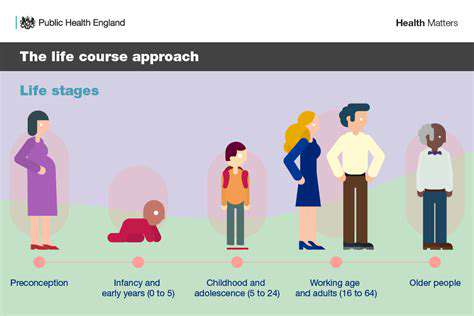
Choosing the Right Tools
Selecting the appropriate tools is crucial for a successful project. Careful consideration must be given to the specific needs of the project and the available resources. This includes not only software and hardware but also the necessary training and support to ensure effective utilization. Failing to select the right tools can lead to significant delays and increased costs.
A thorough assessment of the project requirements is essential. Understanding the complexity of the tasks, the expected output, and the available budget will guide the selection of appropriate tools and technologies. This informed decision-making process will minimize potential pitfalls and maximize efficiency.
Data Integrity and Security
Maintaining data integrity is paramount to any project. Robust systems and procedures are needed to ensure the accuracy, completeness, and consistency of the data throughout the entire lifecycle. Protecting sensitive data is also of utmost importance, requiring secure storage, access controls, and regular security assessments.
Implementing data backup and recovery strategies is essential to mitigate the risk of data loss. This includes creating regular backups, storing them securely, and ensuring the ability to restore data in case of a disaster. Data security measures must be in place to prevent unauthorized access, modification, or destruction of data.
Project Timeline and Resource Allocation
A realistic project timeline is vital for successful project completion. This involves estimating the time required for each task, considering potential delays, and building in buffer time. Establishing clear milestones and deadlines will keep the project on track and allow for proactive management of any challenges that arise.
Risk Management and Mitigation Strategies
Identifying and assessing potential risks is a critical aspect of project management. This involves anticipating possible problems, evaluating their likelihood and impact, and developing mitigation strategies. Implementing proactive measures to address potential risks can prevent costly delays and project failures.
Developing contingency plans for unforeseen events is also important. These plans should outline alternative approaches if a major risk materializes, ensuring project continuity and minimizing disruptions. Proper risk management is a key component of project success.
Communication and Collaboration
Clear and consistent communication is essential for effective collaboration among team members. Establishing clear communication channels, protocols, and guidelines will facilitate seamless information sharing and reduce misunderstandings. This includes scheduled meetings, regular progress reports, and readily available documentation.
Promoting open communication fosters a collaborative environment where team members feel comfortable sharing ideas and feedback. This helps to identify potential problems early on and enables the team to work together to find solutions. Effective communication is the cornerstone of successful teamwork.
Read more about Essential Health Screenings for Women [By Age]
Hot Recommendations
-
*Guide to Managing Gout Through Diet
-
*Best Habits for Financial Well being
-
*How to Build a Routine for Better Mental Health
-
*How to Eat Healthy on a Budget [Tips & Meal Ideas]
-
*Guide to Practicing Self Acceptance
-
*How to Incorporate More Movement Into Your Day
-
*Guide to Managing Chronic Pain Naturally
-
*Guide to Building a Reading Habit for Well being
-
*Top 5 Weight Loss Supplements That Actually Work
-
*Best Exercises for Postpartum Recovery [Beyond Abdominal Work]

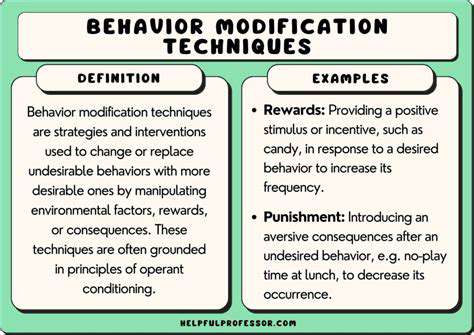


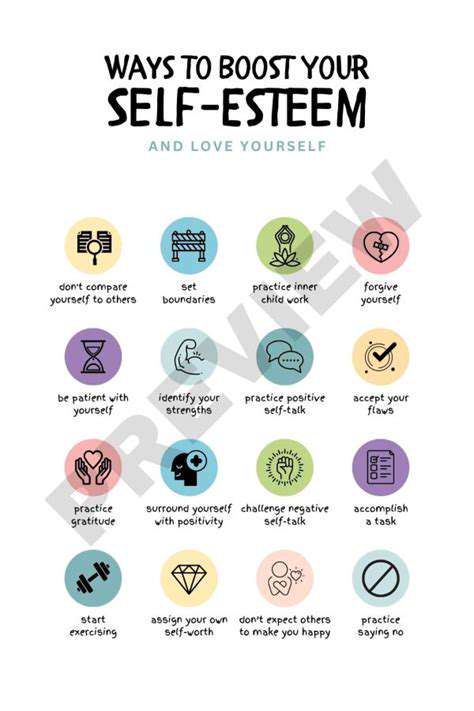
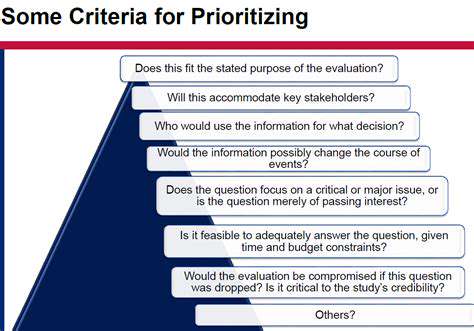
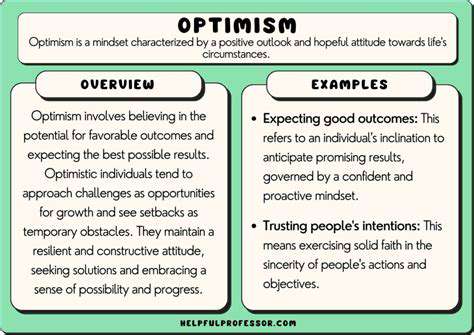

![Best Books on Mental Health and Well being [Recommended Reads]](/static/images/26/2025-05/CultivatingSelf-CompassionandPositiveSelf-Talk.jpg)
